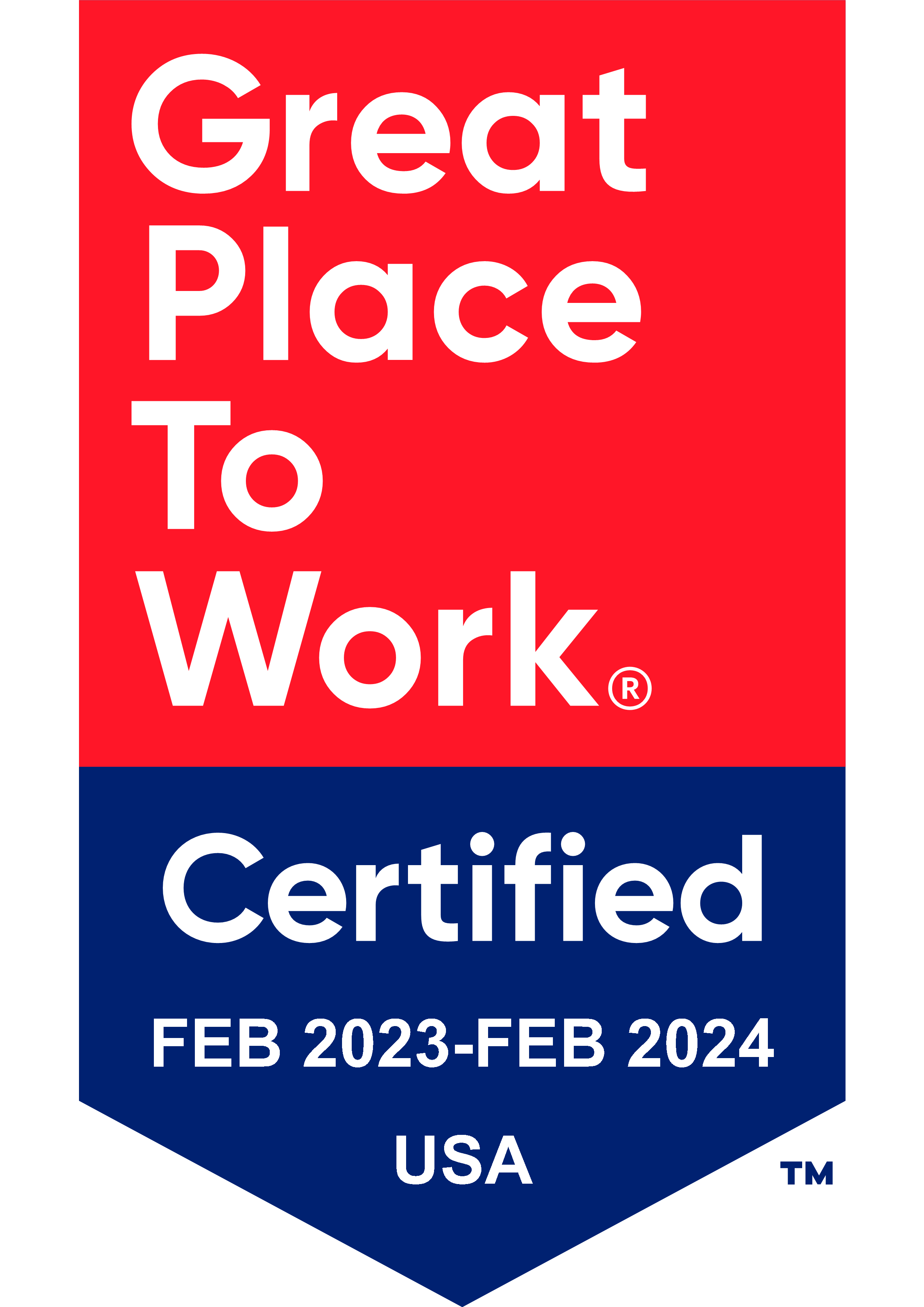
You’re mentally exhausted and the end of your medical device audit is in sight. Why not just call it a day and hold a quick wrap-up meeting? Although you and everyone else are eager to get out the door, it’s important that you thoroughly summarize your findings and communicate them to the auditee team immediately after the audit. Yes, everything you say will likely be documented in your report, but this is a key opportunity to add emphasis to certain points and address questions in a personal, professional way. It’s every bit as important as the opening meeting so come prepared!
The closing meeting is used to summarize and present auditing findings and conclusions while it is fresh in everyone’s mind. This is your opportunity to present logical and factual explanations of the strengths and weaknesses of the auditee’s system. It’s also the ulcer-inducing moment (for the auditee) when you state whether you will be recommending for approval or certification, if applicable.
A day or more prior to the meeting you should have set an exact date and time for the closing meeting. It’s likely that the same people who attended the opening meeting should attend the closing meeting. This includes the audit team leader, management of the auditee, people responsible for areas that were audited and other interested parties.
Don’t wing it. You need to carefully choreograph the closing meeting and this starts by discussing the findings with your audit team, or reviewing them yourself. This should include:
Appoint someone on your audit team (if you have a team) to take detailed minutes, which will include recording all participant names. This will be immensely helpful in preparing the post-audit summary.
Start the meeting on time and restate the purpose of meeting. At this time, you will want to reintroduce your audit team members. Before you jump into the findings, explain that audit was only a sample of activities and that there may be nonconformities that the sampling did not uncover. You should also note that any issues that arise during the meeting could decrease confidence in the audit conclusions and that all nonconformities were system issues not people issues. This last point is really important. Never put someone on the spot or embarrass them in front of others. Shortcomings by individuals will be investigated by management in due course but you should not be the one to cast blame.
TIP: Make sure you allocate enough time for discussion and to allow auditees to explain nonconformities and discuss differences. Better to end the meeting early than try to maintain the waning attention of those peeking at their phone when the meeting runs long.
The audit team should present a summary of audit findings including any nonconformities, audit evidence, opportunities for improvement, and concerns, pointing out strengths and weaknesses in the system. Use a level of detail that considers your team’s assessment of the effectiveness of the QMS and the familiarity of the auditee with the audit process.
The closing meeting is NOT a verbal recitation of your report. They can read the gory details later. Focus on the really important things. If you have an audit team, have individual auditors cover specific areas. If you are conducting a multi-day audit, daily briefings will make this easier. Use visual aids whenever possible, ideally projected onto a large monitor in a conference room for all to see.
TIP: If possible, meet with a senior executive and brief her/him prior to the closing meeting. They will appreciate the heads up and won’t be surprised by anything they hear during the closing meeting (if they can attend) or can feel confident that they are getting the straight story (if they can’t attend).
In general, it’s best to get the bad news out of the way first and then gradually progress toward the positive, ending on a high note. Present the major nonconformities first. Focus their attention on the significance of the nonconformities and need for corrective action. Make sure you have presented the most significant nonconformities in detail. If you are doing daily debriefings, there should be no surprises. Cover minor nonconformities next and then follow with Opportunities for Improvement.
Remember that up to this point you have been presenting mostly negative news so it is evitable that some people will be mentally and physically squirming in their seat. This is an excellent time to change the tone and give credit where credit is due, especially when instructions or procedures have proven effective.
After you have presented all major nonconformities and discussed other issues, you will want to emphasize the importance of corrective actions and set a firm deadline for the auditee to submit a corrective action plan. It seems obvious but make sure you state that the auditee is expected to take action to correct these nonconformities not just submit a plan and sit on it. This would also be the time to summarize any agreements made during meeting.
In closing you should share your overall conclusions, explain when the final report will be delivered and confirm who will get a copy. Naturally, smile and express appreciation for everyone’s time.
Unfortunately, your work is not quite done. Following the meeting, the audit team leader should summarize the meeting (based on minutes) and record the agreed upon dates that the corrective action plan should be submitted. Be concise and constructive. Reiterate that the audit team is only responsible for identifying the need for corrective action, not what specific action should be taken. Note that there may be a follow-up audit to confirm the effectiveness of corrective action. Close by stating when the report will be issued and be specific about this.
If you enjoyed this article, we have a variety of auditing classes you may want to consider. Our ISO 13485:2016 lead auditor training class is one of our most popular. If you are involved in MDSAP, consider our MDSAP Auditor Training, or EU Medical Device Regulation (2017/745) compliance, consider our EU MDR auditor training class. All three of these auditor training classes are available as in-person seminars or as virtual instructor-led training (VILT).

US OfficeWashington DC
EU OfficeCork, Ireland



UNITED STATES
1055 Thomas Jefferson St. NW
Suite 304
Washington, DC 20007
Phone: 1.800.472.6477
EUROPE
4 Emmet House, Barrack Square
Ballincollig
Cork, Ireland
Phone: +353 21 212 8530